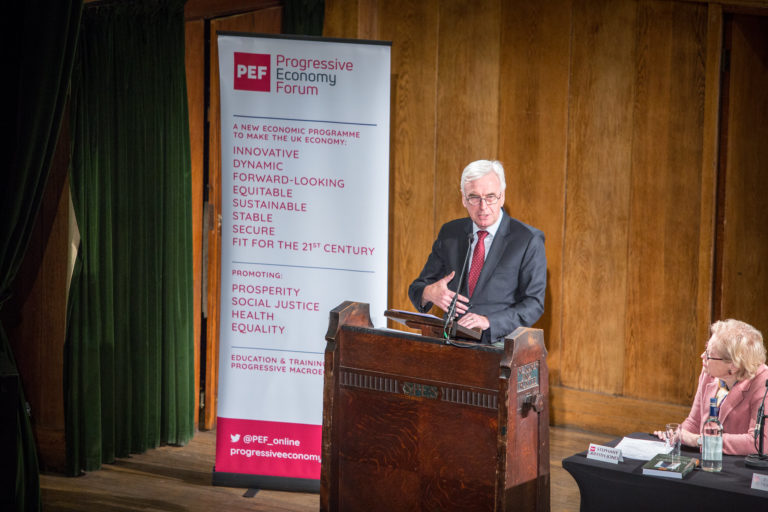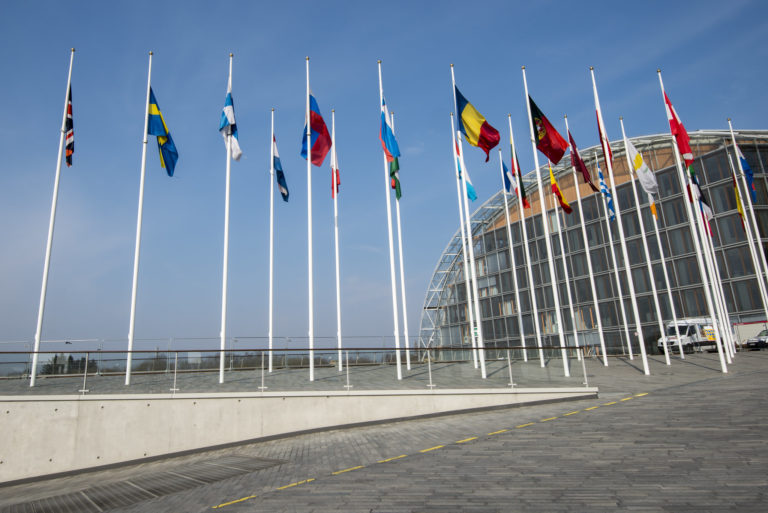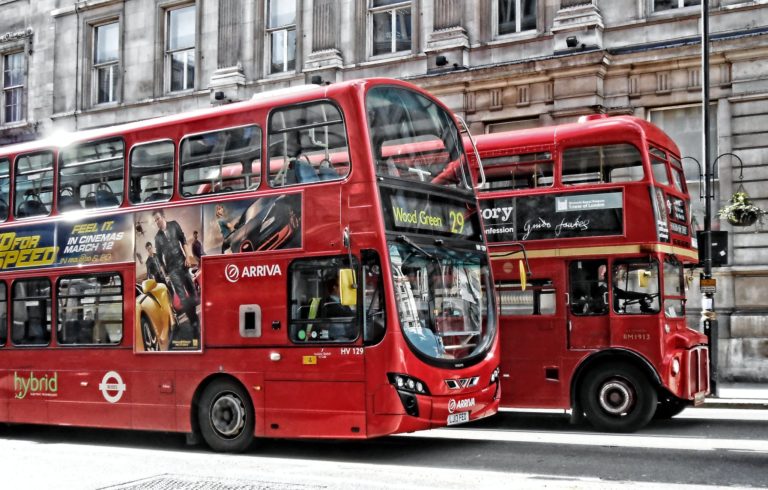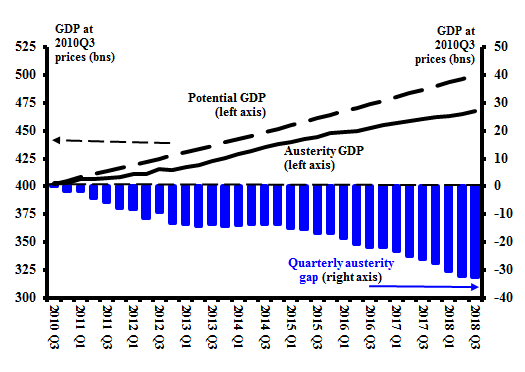
Rethinking Britain – How to build a better future
Of the nineteen UK governments since the Second World War, only two have torn up the rule book and tried to build a better future, instead of simply recycling the
Council Members
Secretariat
Guest Authors

Of the nineteen UK governments since the Second World War, only two have torn up the rule book and tried to build a better future, instead of simply recycling the

“The United Kingdom is an outlier amongst developed and emerging economies, especially the most successful ones, in not having a national development bank.”

“The financial and legal barriers to an ambitiously sized British NIB are not as challenging as might have been thought. Given this, whatever happens in regard to Brexit, it would seem the time is right to create such an institution to support British industry and help create a more investment-led growth model.”

“Support for national and multilateral development banks has grown worldwide in the decade since the global financial crisis. And the continued success of national development banks (NDBs), in particular, will be vital to achieve more sustainable economic growth in the future.”

How might a Green New Deal be imagined in the UK context? And what are the challenges that would face advocates of the GND given the current political and institutional climate?

“The Green New Deal is being championed in the USA as a solution to the joint problems of climate change and economic inequality. But what exactly is it, and what is its wider significance?”

Labour’s policy for buses is a key part of reversing the impact of neoliberalism on transport since the 1980s.

Whether still a member of the European Union or in some other economic and political arrangement with Europe, a new government would inherit an unbalanced and stagnating economy.

Much of the Chancellor’s upcoming Budget (October 29) risks being made irrelevant by the culmination of Brexit negotiations in the following month. But we should be aware of one announcement that is likely to have a lasting impact on the shape of government spending – the size of the ‘spending envelope’

The purpose of the national investment bank would be to increase lending and investing in sectors that are key for the country’s structural transformation.
© copyright Progressive Economy Forum & respective authors.
To see how we use cookies on this website, view our Privacy Policy.
We use cookies to personalise your experience, by using our website you agree to the terms and conditions set out in our privacy policy.